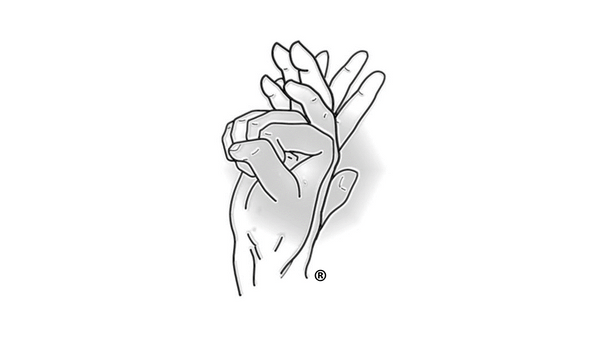When I set out to research classroom dynamics, I held two erroneous beliefs. The first was the assumption that the goal of classroom management was to control the class. The second was that if teachers had lost control of their lessons, I could fix it - I could fix them!
My perspective shifted when I came to appreciate that control is value-free. It can be used for good or ill - much like a sharp knife can be used to prepare food or to harm. I also realised that my preoccupation with a systematic approach presumed the problem was complicated – but it wasn’t. It was complex. I had previously conflated the two terms until I came to understand the distinction. And it made all the difference.
It’s what sets my work apart from prominent approaches that continue to dominate the thinking of colleagues looking for solutions to behaviour in their schools. I’ve quietly gone about my work since, but I’ve been encouraged to nail my colours to the mast and offer a more considered, measured approach to concerns about behaviour... and so, tentatively - but resolutely - I stand tall behind a bold statement.
Whilst my intention is to connect and collaborate with colleagues who share my sense of dissatisfaction with standard responses to classroom management, I began to wonder how my assertion might land - and whether I might unintentionally alienate those who are currently walking the path I once trod.
Should I disrupt the prevailing and prominent discourse by stating control is illusory?
Am I likely to be misunderstood if I said control was illusory?
Would be people get its meaning - Illusory: something that appears real or true, but is in fact false or misleading.
Would it be controversial to say control is illusory?
Is it controversial to say control is illusory?
Would the idea that control is illusory compromise entrenched beliefs?
Am I likely to be criticised if I suggested control is illusory?
Would I offend some leaders if I stated control is illusory?
Would some colleagues feel relieved, even liberated by my assertion that control is illusory?
Could I open minds if I stated control is illusory?
Would it lead to constructive professional dialogue if I claimed control is illusory … and I build confidence in uncertainty?

